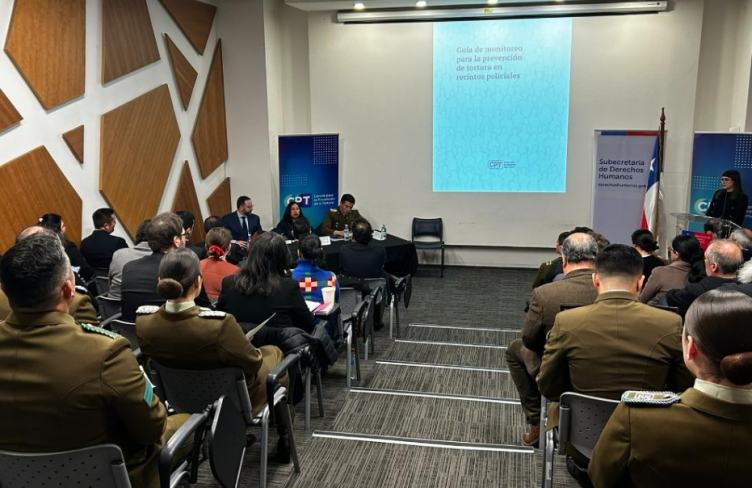
Incidents of bullying or assault among soldiers in the military do not generally qualify as torture. However, when conscripted soldiers are bullied or assaulted under the pretext of ensuring discipline (while they are isolated from civilian society), such actions can be considered as ‘inhuman or degrading treatment’ under the Convention against Torture and Other Cruel, Inhuman or Degrading Treatment or Punishment.
Korea remains a divided nation, with hostilities between South and North suspended by an armistice agreement. Under these circumstances, Korea has chosen to adopt a conscription system which requires Korean men to serve two years of military service. Within the closed military environment, with a culture that emphasizes public order and discipline, bullying and assault among soldiers may easily occur. Such acts amount to human rights violations, and they may further result in grave and tragic consequences such as mental disorders, suicide of victims and even mass violence.
With the conscription system in place in Korea, this issue is not just relevant to a small number of military service members. Rather, it is an important issue for the majority of Korean households, considering that all Korean men are obliged to serve in the military. That is why the National Human Rights Commission of Korea has strived to enhance awareness of bullying and assault in the military and address this issue through the Torture Prevention Ambassadors project.
We have visited military prisons and mental hospitals and met with military leadership to increase their awareness of the seriousness of this issue. We have also carried out educational activities for investigative authorities and military leadership, including military police and prosecutors. We have emphasized that bullying and assault caused by a distorted military culture helps erode military discipline rather than improving it, and can also amount to a form of torture.
Kim Young-Hye is a Commissioner at the National Human Rights Commission of Korea. This is part of a series of blog posts by participants in the APF/APT Torture Prevention Ambassadors project.


